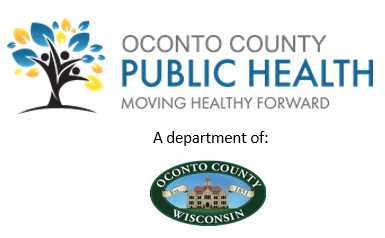DHS Urges Wisconsinites to Test Their Homes for Radon
During National Radon Action Month, the Wisconsin Department of Health Services (DHS) is encouraging residents and business owners to test their homes and buildings for radon. Exposure to radon is the second-leading cause of lung cancer nationally, and easy-to-use tests are widely available.
“Radon is an environmental health issue in our state. Approximately one in 10 homes have elevated radon levels across Wisconsin,” said Paula Tran, State Health Officer. “Reducing radon exposure and radon-induced lung cancer in Wisconsin depends on encouraging and supporting all Wisconsinites, including property owners and tenants, to be proactive about testing for radon.”
Radon, an odorless, radioactive gas naturally present in the ground, enters buildings through their foundations. Radon causes more lung cancer among non-smokers than secondhand tobacco smoke. An estimated 21,000 lung cancer deaths per year among non-smokers are caused by radon, according to the U.S. Environmental Protection Agency and Surgeon General, and approximately 962 of these deaths are in Wisconsin. Fortunately, this cause of lung cancer is largely preventable, and the first step is to test your house or apartment for radon.
“Radon is found all over the state of Wisconsin and the only way to know if your house or apartment has elevated levels is to test,” said Jessica Maloney, State Radon Program Manager for DHS. “Reduced-cost test kits are available through Radon Information Centers (RIC) in Wisconsin and test kit promotions are happening throughout January.”
The US Environmental Protection Agency recommends that when a test result is at 4 picocuries per liter (pCi/L) or higher, a mitigation system should be installed to prevent the gas from entering the residence. The cost of mitigation can be a barrier for some families, and Wisconsin residents can visit lowradon.org to find their RIC or speak with local public health department radon experts by calling 1-888 LOW-RADON to discuss available options.
Test kits are also available from hardware stores and local public health agencies. There are more than 100 radon mitigation contractors in Wisconsin that are nationally certified to install radon mitigation systems if elevated radon levels are found. Both old and newer homes can be prone to radon. Apartments can also be at risk. Landlords have a responsibility to provide safe living conditions to all their renters. About one third of the nation’s housing units are occupied by renters. The first step landlords can take is to understand what radon is, how to test for it, and what needs to be done to fix it if it does exist. Landlords should work with a certified radon testing and mitigation service to get started on addressing the issue for their tenants.
Effective March 1, 2023, all licensed family child care and group child care centers in Wisconsin will be required to test for radon and mitigate if levels are at or above 4 pCi/L. It is not required for licensed day camps.
More information can be found at lowradon.org.
